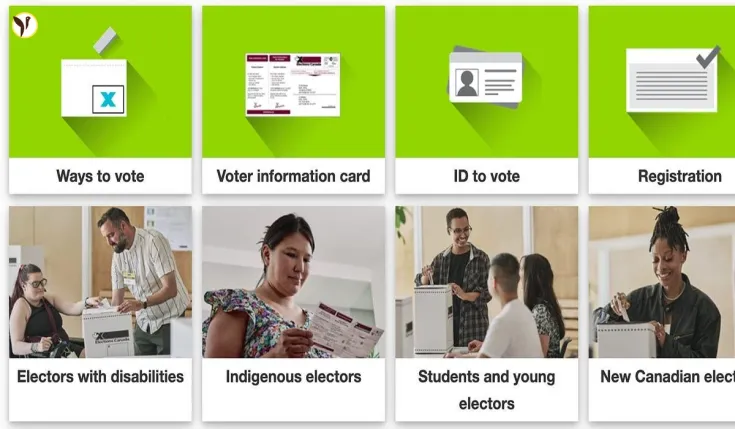Canada Election 2024: Your Guide to Voting
Canadians went to the polls recently to elect their next leader. This election saw a tight race, with [Candidate's Name] ultimately securing victory. This article provides essential information about Elections Canada, the process, and how to participate.
Understanding Elections Canada
Elections Canada is the independent, non-partisan agency responsible for managing federal elections in Canada. Their role extends far beyond simply counting votes. They ensure fair and accessible elections for all Canadians, regardless of location or circumstance. This commitment to accessibility is evident in their extraordinary efforts to reach remote voters, from Arctic weather stations to isolated lighthouses and communities inaccessible by road, employing helicopters and planes to deliver ballots.
How to Vote
Voter Information Card: Registered voters usually receive a card indicating their polling station. Registering: Even without a card, you can register at your designated polling station with proper identification. Identification Requirements: Elections Canada offers three options for verification: government-issued photo ID, two pieces of ID with your name and at least one with your address, or a written declaration with a vouching witness. Polling Station Location: Find your location online using Elections Canada’s website or by calling their services.
When to Vote
Election day voting hours are typically from 9:30 a.m. to 9:30 p.m. To avoid lines, Elections Canada suggests voting between noon and 4 p.m.
Where to Find Results
Official election results are reported to and compiled by Elections Canada. Their website will provide the most up-to-date and accurate information.
Beyond the Ballot
Voting is a crucial step in a healthy democracy. It’s about more than just choosing a candidate; it’s about upholding fundamental principles like free and fair elections. Staying informed and engaged is vital to a thriving democracy, extending beyond election day itself. Participate actively in your community, hold your elected officials accountable, and continue to engage with the democratic process.
Note: Specific details such as candidate names and exact dates may need to be updated based on the most recent election information. Always refer to the official Elections Canada website for the most accurate details.






